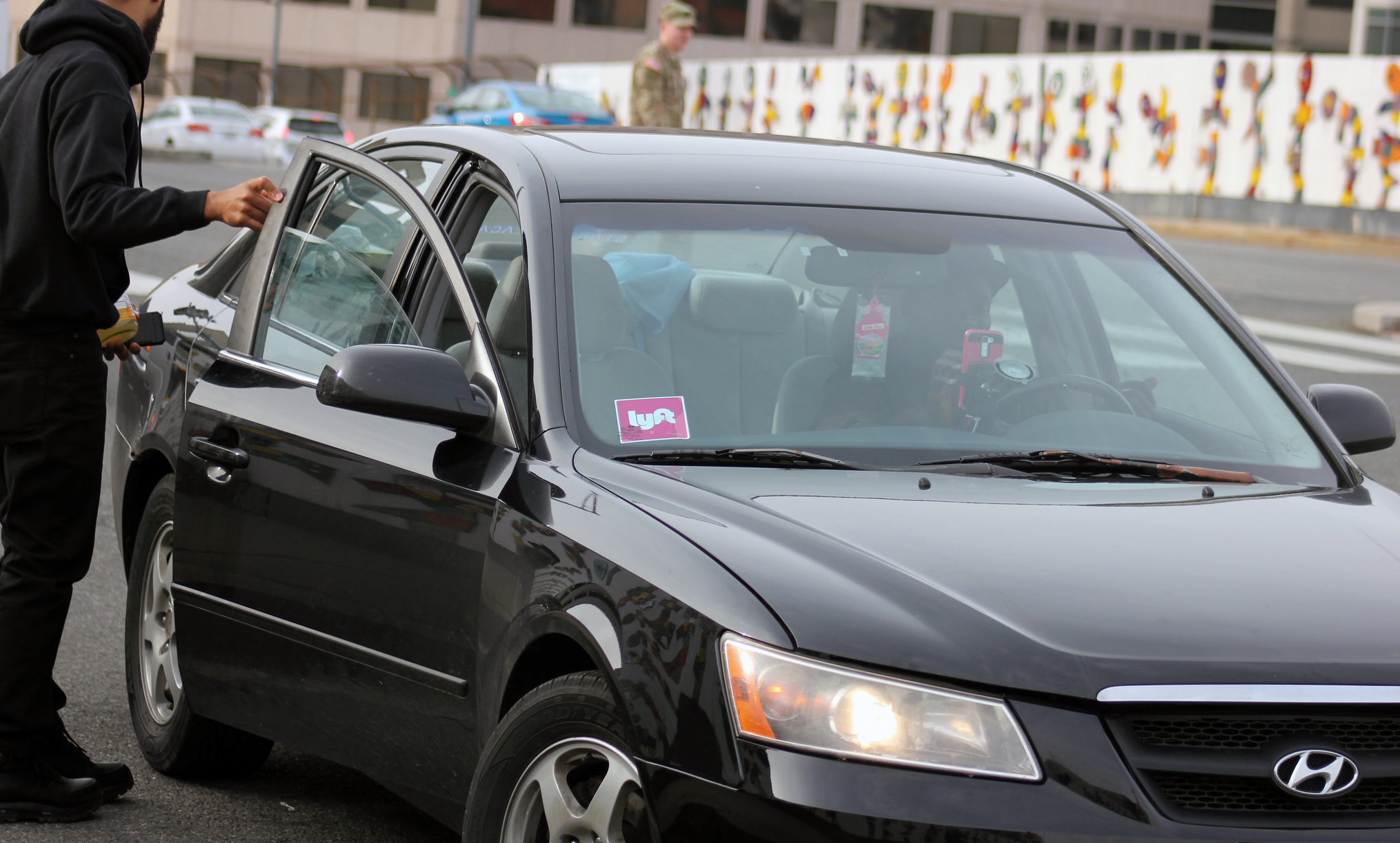Uber. Lyft. Transportation network companies (TNC). The so-called “ride-sharing” services burst into the lives of Floridians in 2014 and have changed the way we get around. Along with expanded choices in transportation, we’re having to adapt to a new type of personal injury case, those involving ride-sharing vehicles. Injured passengers, drivers, and other injured parties have different perspectives, but all must contend with the same fundamental issues of locating liability.
The transaction resembles a traditional taxi ride. The passenger summons a car and driver, is taken to a destination, and pays for the trip. The ride’s ordered with a mobile phone app, and the car’s probably nicer than a typical taxi, but the basics seem the same.
Not exactly.
A ride-sharing passenger isn’t buying a ride from Uber or from Lyft. The driver isn’t an employee of the TNC. Rather, the company provides the service of matching people who want rides with people willing to provide them, and also the function of collecting payment and remitting it to the driver, less a commission. The vehicles aren’t owned by the TNCs, they’re provided by the drivers, and don’t have to be registered as commercial vehicles. The TNC business model was designed to sidestep the generally strict regulation of taxis and limos and was brilliantly successful at this.
This new model also led to ambiguity for people injured in the inevitable and increasing number of accidents involving ride-share cars. Who’s responsible when somebody gets hurt? The ride-share driver? The TNC? The passenger? Drivers of other vehicles? Where can an injured party find just compensation? If a passenger is injured while traveling in a ride-share, his or her personal car insurance probably won’t cover it because the vehicle, though not a registered commercial vehicle, was at the time of the accident engaged in commerce. TNCs were not requiring drivers to carry anything but regular car insurance, which again was exempting commercial use damages from coverage. TNCs claimed safe harbor because they weren’t providing the ride.
The State of Florida responded to this evolving industry with new legislation in 2017, which has imposed insurance rules that help clarify the liability issues. TNC’s are now required to provide the primary insurance coverage for drivers, so that’s the first place to look. However, the law conditions this coverage on the status of the driver and vehicle at the time of the mishap, relying on the driver’s app login to distinguish between commercial and personal use.
At root the legal issues are unchanged. The goals and strategies are the same. What’s new and different are the mazes and obstacle courses clients and personal injury attorneys have to negotiate to get to where they need to be. The Personal Injury lawyers at Silver Injury Law can help you with Uber accidents, as well as, Lyft accidents.




